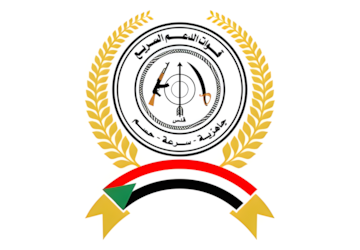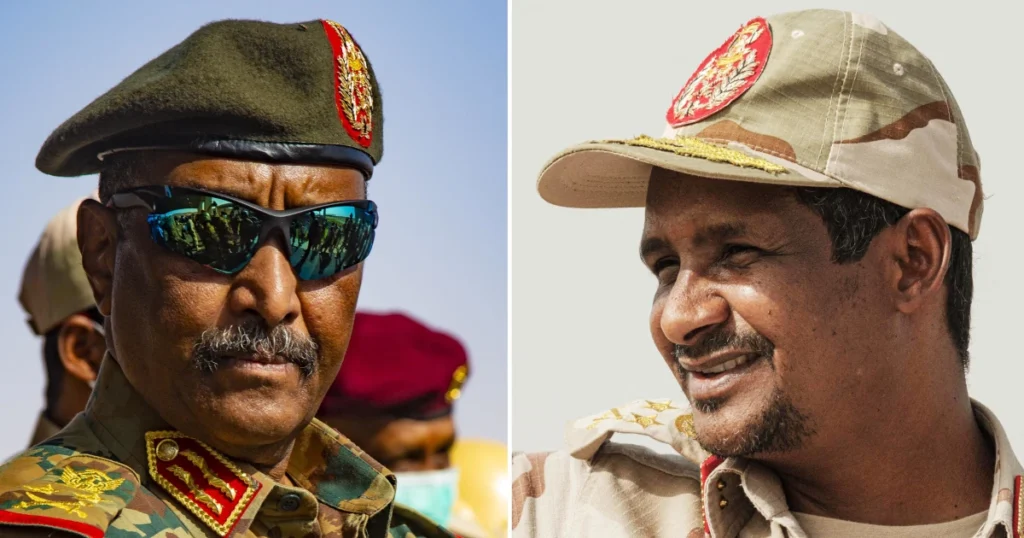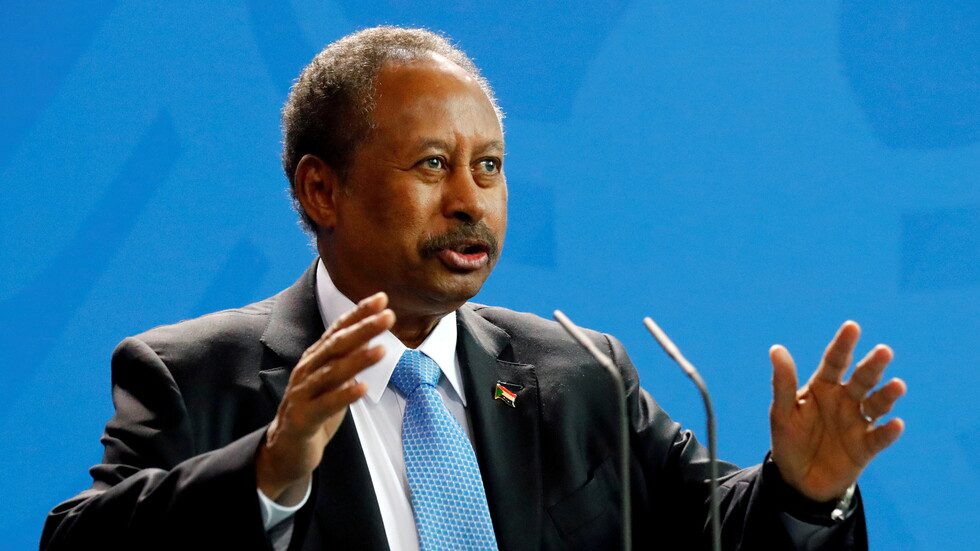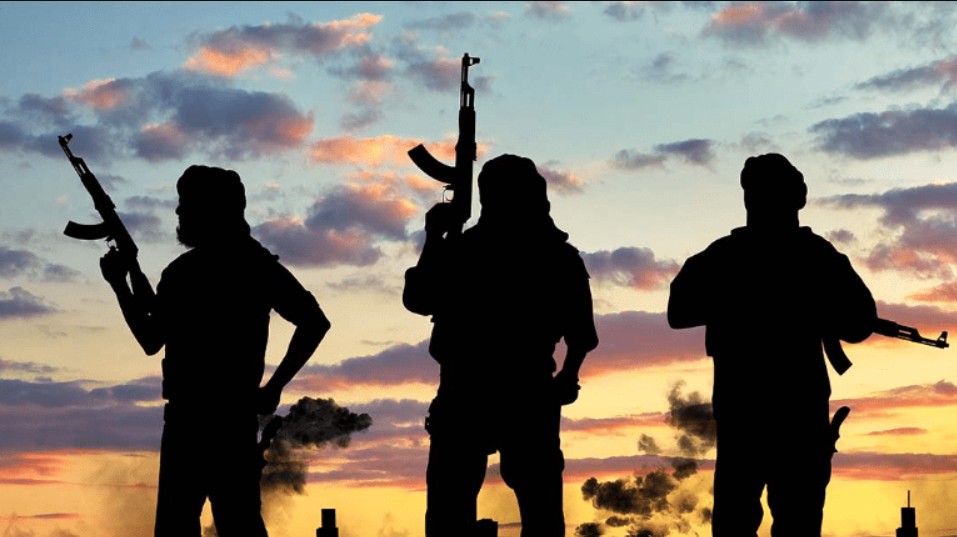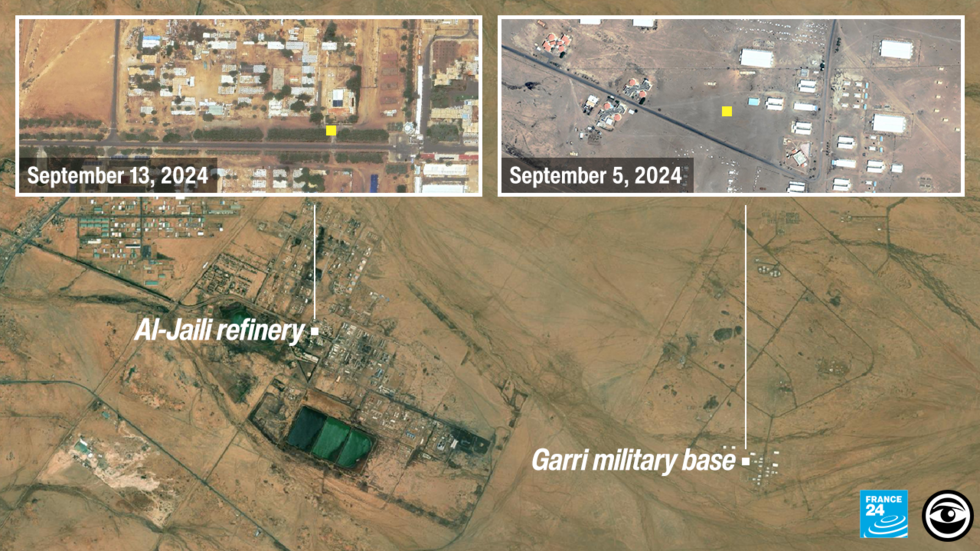
The war led by General al-Burhan’s army (SAF)—now dominated by Islamist hardliners—needed no further proof of its moral collapse. Then came a France 24 investigation alleging the SAF and allied Islamist battalions used internationally banned chemical agents, deploying them not only against their foes but against civilians as well.
This was not a battlefield misstep. It was a moment of full exposure for a leadership that turned on its people—promising salvation and “dignity” while choking neighborhoods with chlorine, a substance once used to purify drinking water but allegedly transformed by generals into a poison cloud.
France 24’s visual investigation documented two September 2024 attacks around the Al-Jaili oil refinery, north of Khartoum. Imagery and expert analyses cited by the outlet indicate the use of industrial chlorine released from barrels against areas held by the Rapid Support Forces (RSF), striking sites with civilian presence.
What the report shows may be only a fraction of what has occurred. Multiple accounts—civilian and military—have long alleged further chemical incidents in other parts of the country. If verified, these would represent flagrant breaches of the Chemical Weapons Convention, to which Sudan acceded in 1999 and has been bound since June of that year.
An army meant to defend the nation is accused of poisoning its air. Islamist militias claiming divine mandate reportedly unleashed choking gases on their own countrymen. This is not merely a war for power reclaimed after a popular uprising toppled the old order; it has become a war pitting a population that wants to live against a coup regime that sees its people as expendable fuel for its false legitimacy.
Deaths by gas do not end with burial. They linger in memory—like Mussolini’s chemical attacks in Ethiopia and the gas chambers that fixed the Holocaust in the world’s conscience—standing as warnings of what follows when human restraint collapses.
The international community now faces a completed war-crime dossier. Absent independent, credible investigations and prosecutions—of SAF units and Islamist battalions alike—the world’s silence will be complicity. Recent moves show the stakes: Washington has already sanctioned SAF chief Abdel Fattah al-Burhan and later determined that chemical weapons were used in Sudan’s war, steps that heighten, not replace, the need for impartial fact-finding under global norms.
Sudanese are dying twice: once from the gas—and again from a confounding global quiet. If the Chemical Weapons Convention is to mean anything, the response must be swift: protect evidence, task an independent mechanism to investigate, and bring those responsible—whoever they are—before a court that will finally treat Sudan’s civilians as rights-holders, not collateral.

